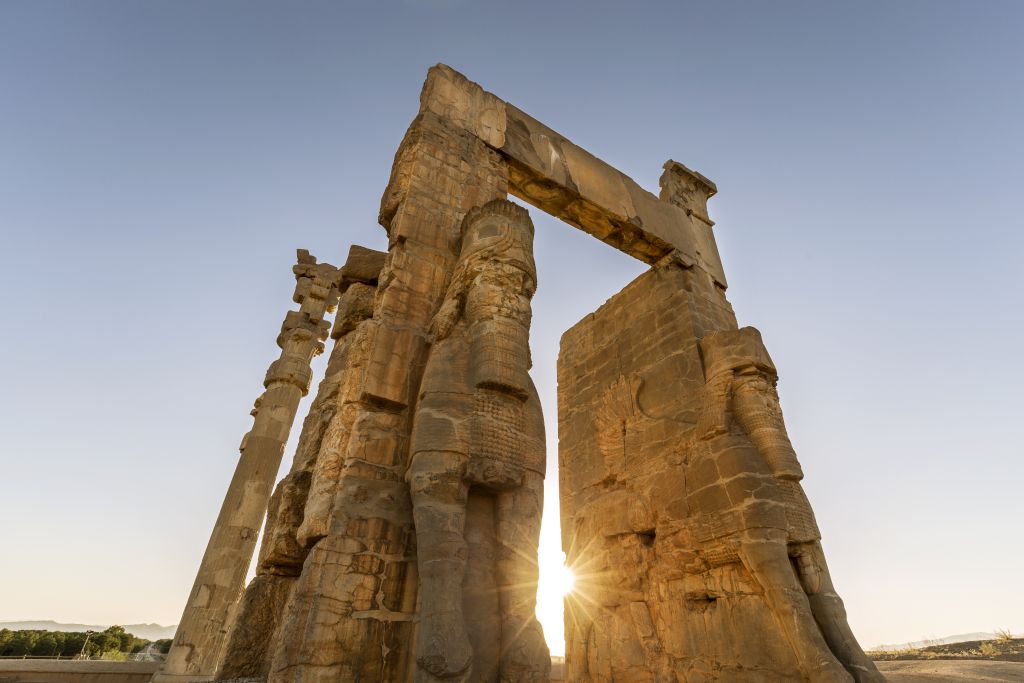English place names and by extension so-called ‘locational’ surnames ending in ‘-by’ are Norse (Scandinavian) in origin, such as Derby, Whitby, Sotheby, Corby, Sommersby, Rugby or Carnaby.

That suffix ‘-by’ at the end comes, as a matter of fact, from the Old Norse ‘býr,’ an alternate form of ‘bǿr,’ which means something like ‘town/village/settlement.’
For instance, Derby more likely means ‘Village of the Deer’ coming from the Old English Dēoraby and that in turn from Old Norse Djúrabý, the latter breaking down as ‘dýr-‘ (deer, animal) and ‘-bý(r)’ (town/settlement).
Personally, I speculate an intermediate Norse form of ‘Dýrbý’ since ‘Djúra’ feels more of Proto-Norse in this case.
Whitby, in its turn, means ‘White town/settlement’ and comes from Old Norse ‘Hvítr-‘ (white) and ‘-bý(r)’ again.
Moving on, the well-known name Sotheby comes from a combination of ‘Soþe-‘ (true, real) and ‘-bý(r)’, where ‘þ’ (thorn) a letter inherited from the Norse tongues.
The almost identical Sotherby, on the other hand, very likely comes from the Old Norse ‘Suðr’ (south, southern) and ‘-bý(r).’
There is a possibility that ‘Sothe-‘ above could come from a form such as ‘Suð-‘ with the sense of ‘south, southern’ again come to that.
Corby may likely spell ‘Kori’s town’ where Kori was a leader of Danes that occupied this region in nowadays Northamptonshire (East Midlands) in the eighth century.
The alphabet used at the time was the Old English Latin so Kori’s name most likely appeared as ‘Cori’ in writing.
And, as a final example, Sommersby (narme) or Somersby (village in Lincolnshire) have both a first component that means ‘summer’ from a root such as Norn (extinct Norse dialect) ‘sommer,’ Old Swedish ‘somar’ or Old Danish ‘somær’ into a sense of ‘summer town/village.’

